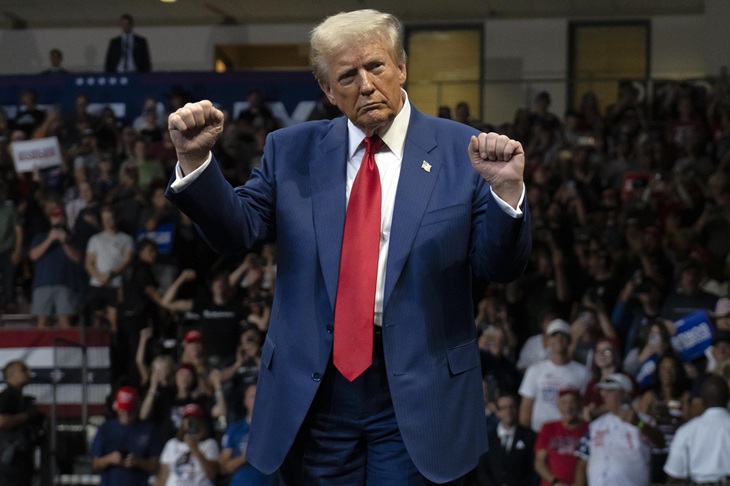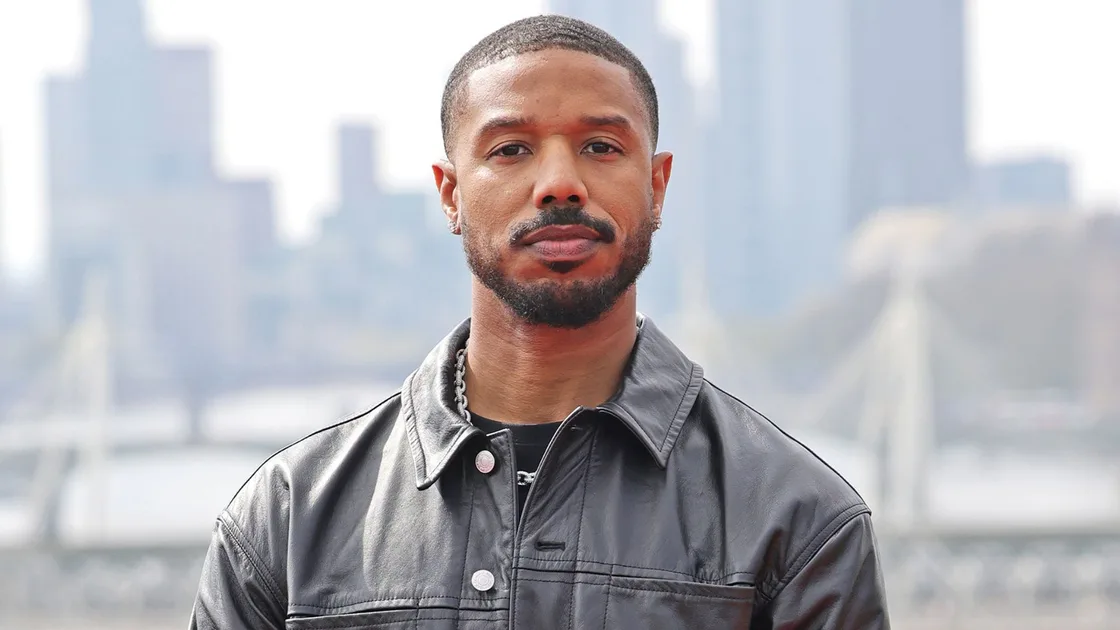Protecting Aussie Icons: Why Taxing 'Bluey' Hurts More Than Trump Ever Did

Kevin Rudd’s recent suggestion of potentially taxing the beloved children's show, Bluey, has sparked a national debate. While the discussion was framed around international trade and avoiding 'competitive, punitive arrangements,' the reality is far more nuanced. It’s not about Donald Trump; it’s about the potential damage to Australian cultural identity and the creative industries that fuel it.
The initial proposal, seemingly aimed at addressing potential trade barriers, highlighted the risk of nations imposing taxes on each other's products to gain an advantage. However, applying this logic to Bluey – a cultural export that brings joy to families worldwide and projects a positive image of Australia – feels profoundly misguided. It raises serious questions about the priorities of policymakers and their understanding of the value of cultural assets.
Bluey isn’t just a kids’ show; it’s a cultural phenomenon. It reflects Australian family life, humour, and values, resonating with audiences both domestically and internationally. Its success has generated significant economic benefits – from boosting the animation industry to attracting tourism and enhancing Australia’s global reputation. Taxing it would be akin to penalising a national treasure, undermining the very industries we should be nurturing.
The argument that such a tax is necessary to protect against trade wars is a simplistic one. Surely, there are more strategic and less damaging ways to navigate international trade negotiations. Targeting a beloved cultural export risks alienating audiences and sending a negative message about Australia's commitment to creativity and cultural exchange.
Furthermore, the suggestion overlooks the broader context of the creative industries. Australian filmmakers, musicians, and artists already face significant challenges in competing on the global stage. Imposing additional taxes on successful cultural exports would only exacerbate these difficulties, stifling innovation and limiting opportunities for future growth. It sends a message that we don't value our own creative output.
Instead of considering punitive measures, policymakers should focus on fostering a supportive environment for the creative industries. This includes providing funding for development, promoting international collaboration, and championing Australian content in global markets. Protecting our cultural identity shouldn't involve penalising the very icons that embody it. The focus should be on building bridges, not erecting barriers, and celebrating the unique contributions of Australian culture to the world.
The debate surrounding Bluey serves as a crucial reminder: our cultural fragility isn’t the responsibility of any single political figure, least of all Donald Trump. It's a reflection of our collective commitment – or lack thereof – to safeguarding and nurturing the cultural assets that define us as a nation. Let's ensure we protect them, not penalise them.





